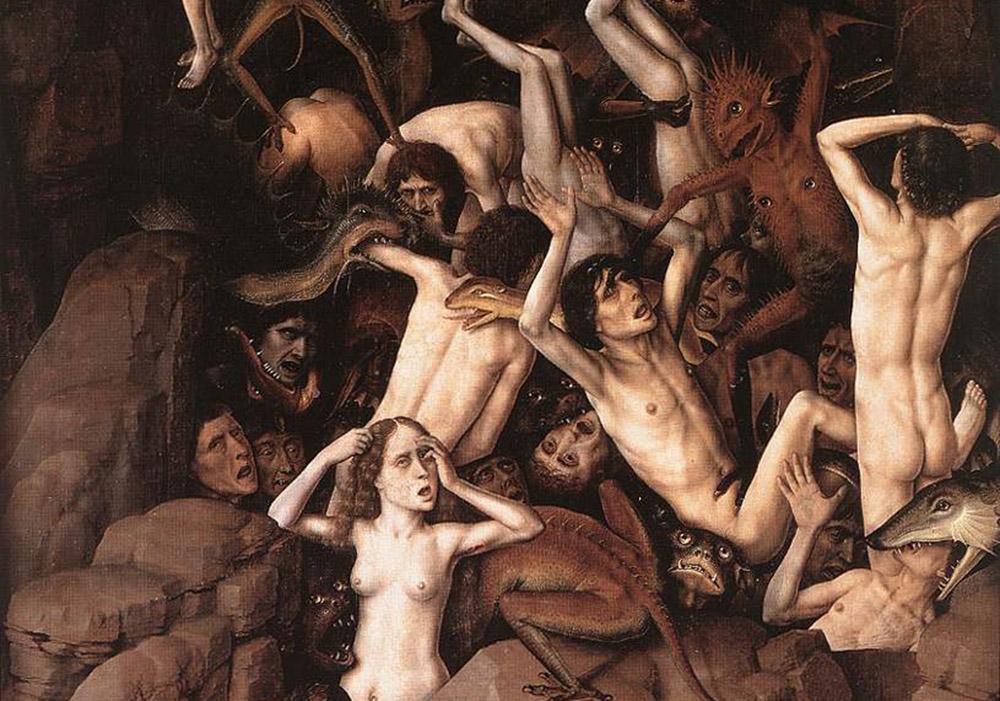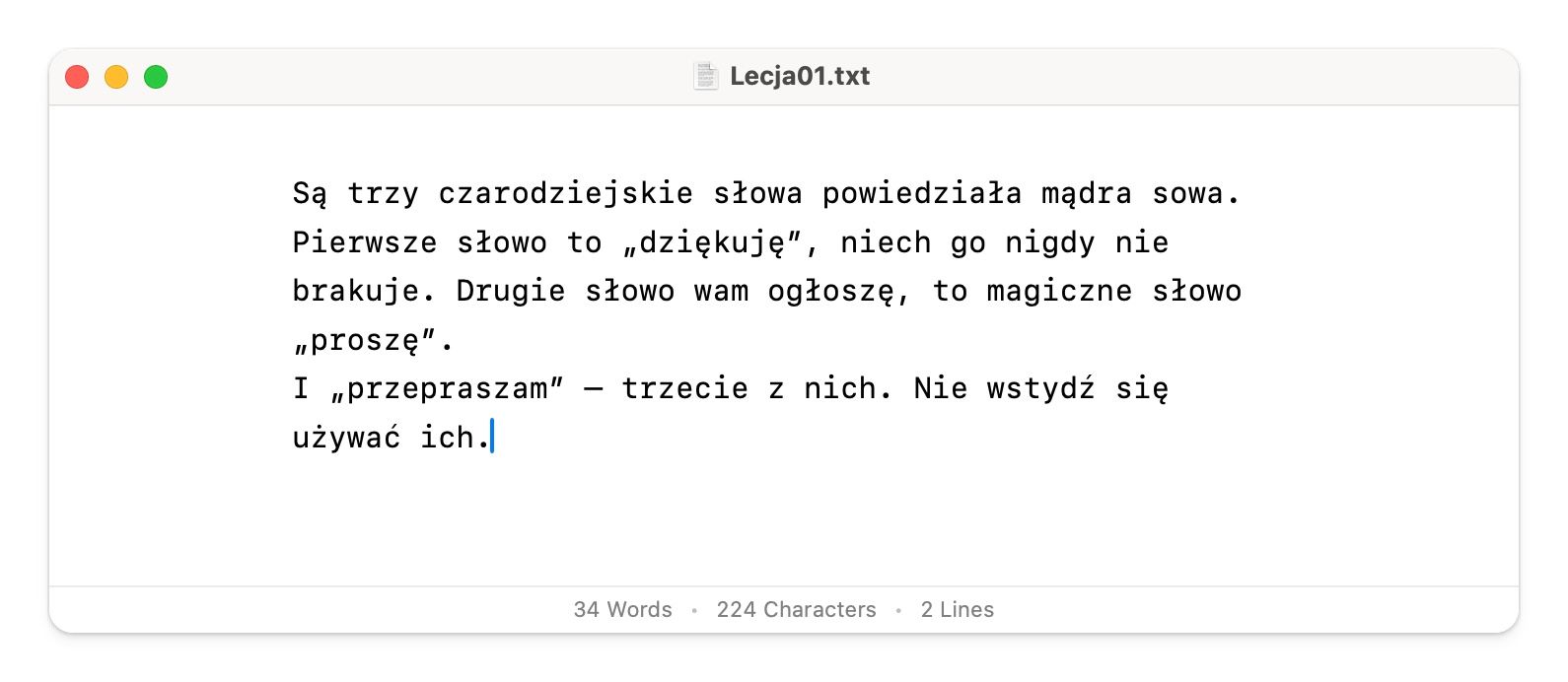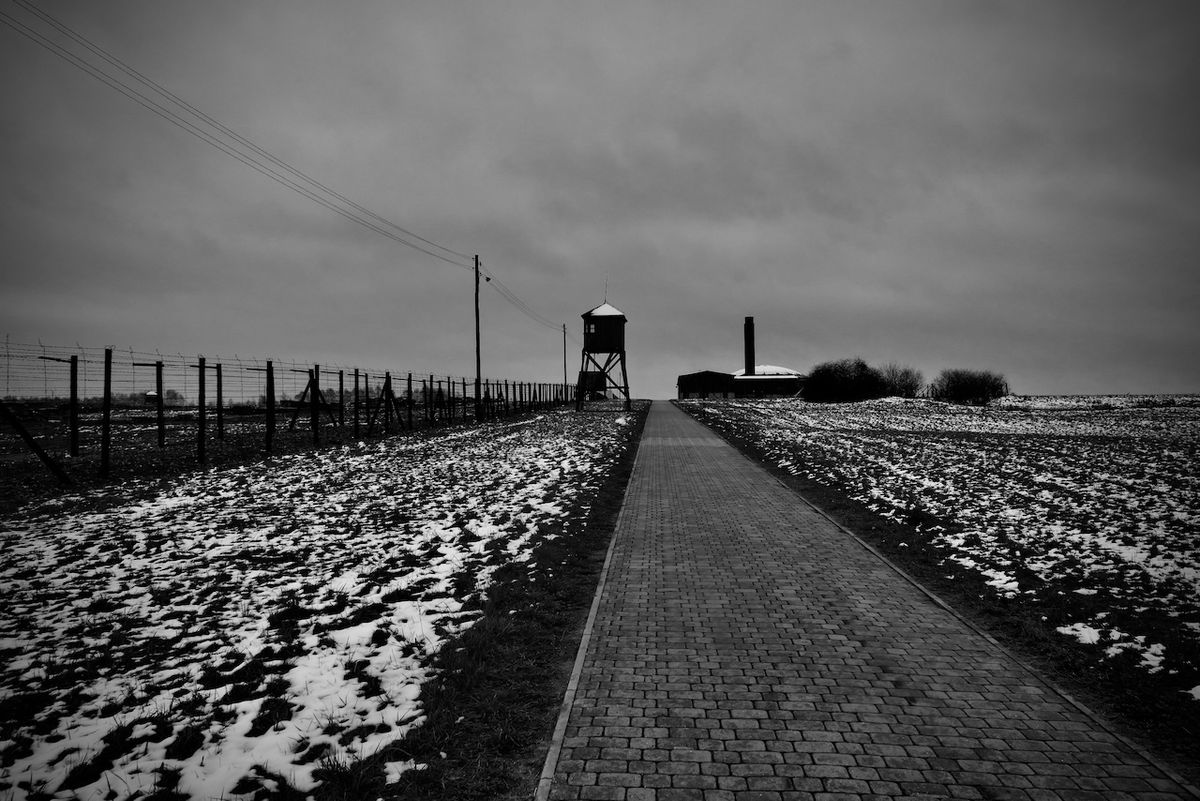According to the internet, learning a new language can be a thrilling and rewarding experience, maybe so, but some languages come with unique challenges that make that journey less fascinating and more tricky than you might imagine.
For my sins, I am learning Polish. I'll leave it at that, for now.
Eight lessons in (and with less and less hair to pull out each day) I thought it would be good ida to delve a little deeper into why the whole process feels so insurmountably difficult, and why, no matter how hard I feel like I'm trying, there is still no light at the end of my language tunnel.
The thing is, Polish, with its rich history, complex grammar, and unique sounds, is a language that tests the mettle of any language learner. On this most natives will agree, with a look of sarcastic glee in their eyes. Despite this, my goal here is to explore the complexities of learning Polish, from its intricate phonetics and grammar to its cultural nuances and regional variations.
That way, maybe I can relax a little.
So, grab a cuppa and come along with me as I explore the intricacies of this captivating, maddening, joyful, expressive and damn right murderous language!

Phonetics: The Sounds of Polish
I still have my own teeth, which is no bad thing on a number of levels. Not least when it comes to actually forming new words and have them come out of my mouth in an intelligible way.
Doubtless in my mind, one of the first (and, frankly ongoing) hurdles learners of Polish encounter is its "distinctive phonetics". Hmm. Another way of saying that would be "completely incomprehensible phonetics", but I'm trying to stay positive here.
You see, Polish is a Slavic language. That inevitably means that it boasts a bewildering range of unique sounds, including nasal vowels and consonant clusters. (I love a good cluster, me. Almost as much as I enjoy using the emphatic pronoun).
For native English speakers like my good self, pronouncing certain Polish sounds can prove immensely challenging (even with my own teeth). The infamous "rz” and "ż" sounds, for instance, require precise tongue placement and airflow. Mastering these sounds feels like false summits on a long hill climb, and is taking an inordinate amount of practice.
Is it rewarding though? No, not yet, but I'm prepared to believe that with each minor victory I can accept some progress has been made and there is hope for me yet.

Grammar: A Maze of Cases and Declensions
I learned French at school. And pretty much perfected a semi-fluent banter in my summers working on building sites in the Dordogne. The thing is, French is ordered, structured and relatively simple. Work out the pattern and off you go.
Polish grammar on the other hand is a labyrinth of cases, declensions, and verb conjugations. Should I really expect to have to allow "declensions" into my life at aged 54? Answers on a postcard.
Furthermore, Polish nouns, adjectives, and pronouns change form depending on their grammatical role in the sentence. I mean, that's just rude!
Finally, with seven cases to navigate, each with its own set of endings, I'm having to learn the very real significance of hitting accurate word endings. The instrumental case, for example, indicates the means by which an action is performed, while the genitive case expresses possession. And the list goes on.
The current issue for me is that actually understanding these intricacies is crucial to constructing coherent and precise sentences in Polish. That means practice (which, they say, makes perfect), blood, sweat and tears.
Vocabulary: A Blend of Words from Different Sources
Did I mention Polish was a Slavic language? I did? Good.
With that comes a blend of native words, loanwords from neighbouring languages, and international borrowings. Aside from anything else, history shows us that the actual geography of Poland has moved so much in the last one hundred years alone that it has subsumed language and cultural traits from Russia, Ukraine, Slovakia, and Germany. Go figure.
This eclectic mix of influences (which, by the way, includes Latin!) adds depth, richness and complexity to the language, but also means that learners like myself have an even wider, more disparate range of vocabulary to contend with.
Thanks for that, Poland.

Cultural Nuances and Politeness
We all know that language and culture are inherently intertwined. That right there is a fact, and no "hyperreality".
No surprise then that Polish is no exception.
Politeness and respect play a significant role in Polish society generally, and this is certainly reflected in the language's many formal and informal registers. The use of proper honourifics, such as "pan" (sir) and "pani" (madam), is essential when addressing others, especially in professional and social settings.
Get it wrong, get into trouble.
Understanding the nuances of politeness and "appropriateness" in different contexts is mind-bending, but an essential construct in the way I'm having to approach my learning.
Phew. Seems like a real chore doesn't it?
Dialects and Regional Variations
Of course, just like any language, Polish exhibits regional variations and dialects.
Here in the UK, we have "the Queen's English (or is that now "the King's English?). In Polish they have “Polszczyzna" which I think you could argue is understood throughout the country, despite different regions having their own unique linguistic traits. Or at least I hope it is.
For instance, the Silesian dialect in the south differs significantly from the Kashubian dialect spoken in the north. Saying hello in Warsaw might not get you very far in Przemsył.
I guess I'll find out soon enough.
To be fair, all that is no different to my native tongue, it just makes life more difficult.
Cultural Immersion: Embracing the Polish Experience
So, I recently read this line:
"To truly master a language, immersing oneself in the culture that gave birth to it is invaluable."
Despite the pomposity of this sentence, it is so true. And it's not just about trying to absorb Polish literature, music, films, and traditions to open a window into the soul of the language, it's about being there, catching the bus, bobbing into a shop and just "living" the language.
Reading classic works by authors like Adam Mickiewicz and Bolesław Prus is one thing, but I'm taking baby steps with children's nursery songs at the moment.
I've tried listening to Polish music, watching television and turning my iOS into Polish. All good practice until you need to check the settings on your iPhone!
I conclude...
OK. Learning the Polish language is a venture that is taking dedication, patience, and maybe even a sense of adventure.
Not attributes I have in spades, I'm afraid to say.
But, from its unique phonetics and intricate grammar to its diverse vocabulary and cultural nuances, the challenges of learning Polish are equalled only by the rewards, I guess.
So, dear reader, I vow to embrace the complexities, practice regularly, and immerse myself in the rich culture surrounding the language. (As long as I can still eat in McDonalds - Polish food has no crunch, man!).
My hope is that before long, I'll be navigating the intricacies of Polish conversation, connecting with its people and vibrant heritage, and maybe, just maybe looking back on a truly "thrilling and rewarding experience"
Powodzenia! (Good luck!)






